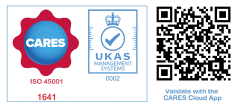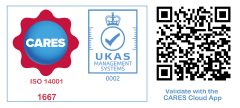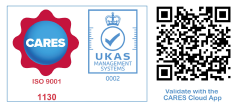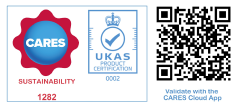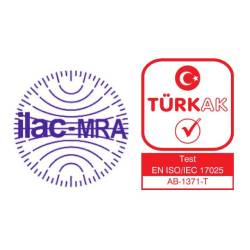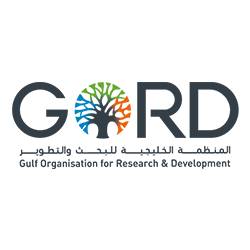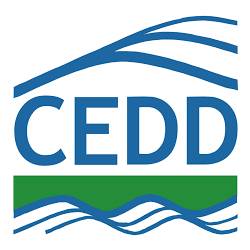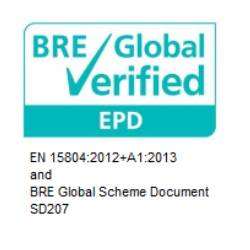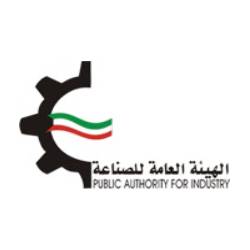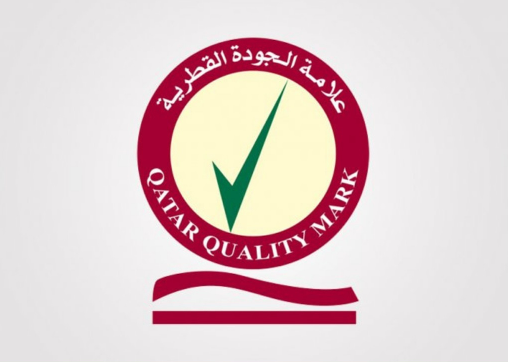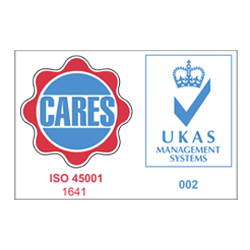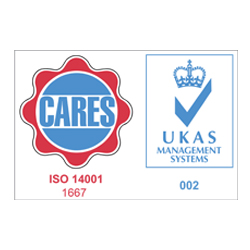Procurement Practices
In line with our strategic objective of Championing Sustainability Stewardship, we have established a series of targets related to our procurement practices.
These will be implemented progressively, with the aim being to have them all fully in place by the end of 2023. These targets include the development of a comprehensive ‘Supplier Code of Conduct’ and the creation of a ‘Responsible Sourcing’ Policy. Additionally, we will conduct a thorough assessment of all our suppliers to identify their sustainability impact in areas such as health and safety, environment, and human rights. Furthermore, an annual evaluation of suppliers based on environmental, social, and governance (ESG) factors will be conducted, with the outcomes of these assessments being reported in our sustainability reports.
As of today, we have tools in place such as Qatar Steel’s Governance Charter and Procurement Policy which serve as frameworks for implementing best practices in the supply chain management. In 2022 we introduced the Responsible Sourcing Policy7 which emphasises our will for fair business practices, health and safety, and environmental and human rights protection within supplier organisations. Qatar Steel expects all suppliers to comply with a Code of Ethics and Business Conduct policies. A thorough analysis of our suppliers has been conducted to identify key suppliers. The classification of these suppliers as “key” is determined by two primary factors: the volume of materials purchased from them and the corresponding spending. Based on this analysis, it has been concluded that the key suppliers are those from whom we procure the following raw materials: iron ore pellets, steel scrap, ferro silicon manganese, and ferro silicon.
For these suppliers, an evaluation sheet has been prepared based on ESG criteria, with the possible achievable score ranging from 0 to 100. Qatar Steel preferably engages with suppliers having scores higher than 50. Suppliers with established Environmental, Health, and Safety Management Systems are given priority through this scoring process, while those without such systems are encouraged to develop their own policies and governance frameworks. Furthermore, we encourage suppliers to adhere to human rights and labour practice standards, including ILO conventions on child and forced labour, nondiscrimination, and more. Also, criteria such as quality, delivery schedule, price, previous experience, financial background, and quality systems in place are assessed.
Qatar Steel’s main Raw Materials are:
• Iron Oxide Pellets, procured from suppliers having ISO 14001, ISO 45001 and ISO 9001 certifications and sustainability certification, and
• Steel Scrap wholly procured locally.
Presently, the suppliers screened for their environmental and social impacts are suppliers of key raw materials, i.e., oxide pellets, scrap, and ferroalloys. Qatar Steel intends to extend the list of suppliers subject to this screening in the future. In 2023 overall, approximately 85 % of key raw material suppliers are certified for ISO 9001, ISO 14001, and ISO 45001.
Key raw material suppliers are evaluated on various environmental and social criteria. These include greenhouse gas emissions, air quality, waste management, water efficiency, biodiversity conservation, and energy efficiency. Additionally, they are assessed on social aspects such as occupational health and safety, ethical business practices, legal compliance, human rights, labor practices, and corporate social responsibility (CSR) initiatives.
The suppliers are required to demonstrate the above compliance through certificates / Sustainability Reports/ third party evaluation reports.
In 2023, we screened seven key raw material suppliers for their environmental and social performances. There were no suppliers identified as having significant actual and potential negative environmental or social impacts with which improvements were agreed upon or terminated because of this assessment.
Additionally, since 2016, we hold the BRE BES 6001 Issue 3.1 responsible sourcing certification from CARES. This certification ensures that our construction products are manufactured using responsibly sourced materials. The BRE standard BES 6001 encompasses various aspects such as organisational governance, supply chain management, and environmental and social considerations, all of which must be addressed to ensure responsible sourcing of construction products.
In 2023, Qatar Steel attended the Fast Market Iron Ore Conference to meet new suppliers from all over the world and help strengthen our relationship with existing suppliers. These conferences presented and discussed topics related to Steel industry.














